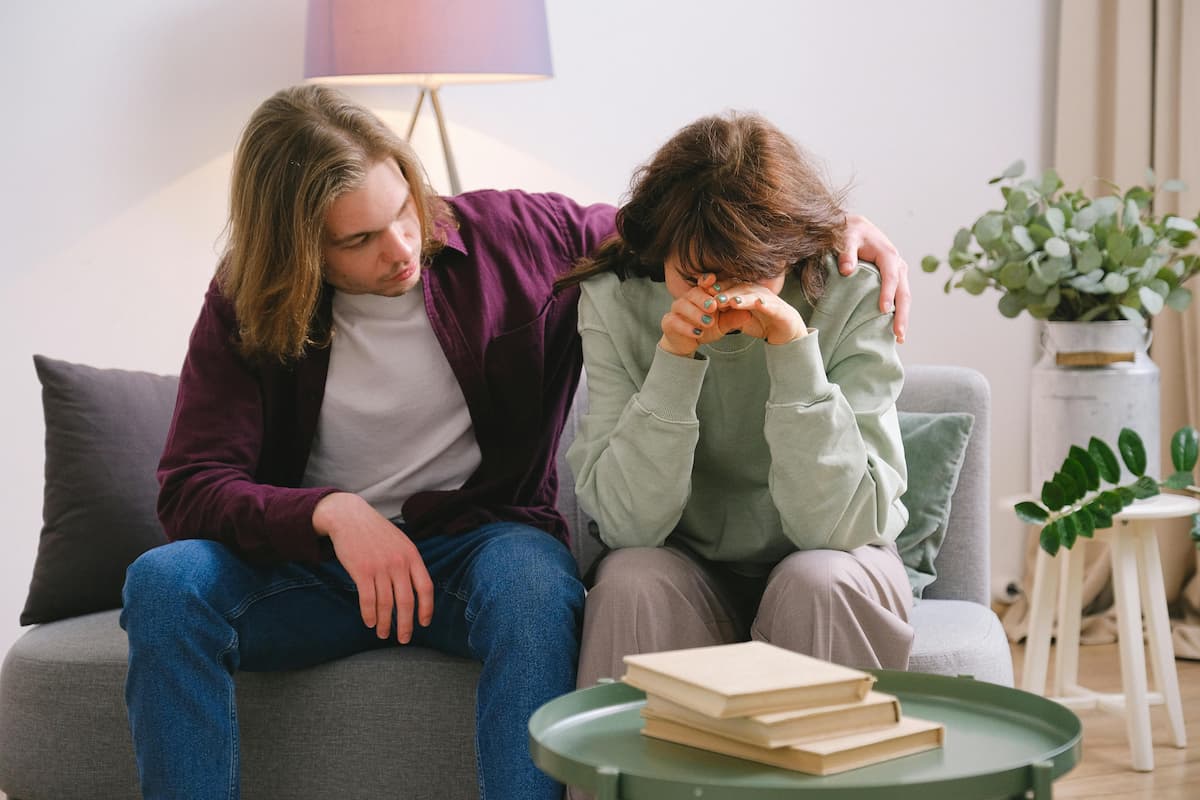Eco-anxiety, particularly among the younger generation, has become a prevalent concern. As parents, understanding youth eco-anxiety and learning how to support your children through this challenging period is crucial. This comprehensive guide aims to provide detailed insights into what eco-anxiety is, its impacts on youth, and practical steps parents can take to help their children navigate these emotions (i.e., Parents and Youth Eco-Anxiety).
Table of Contents
Introduction to Parents and Youth Eco-Anxiety
Eco-anxiety refers to the chronic fear of environmental doom, a feeling that can profoundly affect young people who are increasingly aware of the climate crisis and its implications. With the constant influx of alarming news about global warming, deforestation, and species extinction, it’s no wonder that youth eco-anxiety is on the rise. Parents need to understand this phenomenon to provide the necessary support and guidance to their children.
What is Youth Eco-Anxiety?
Youth eco-anxiety is a psychological response to the perceived threats posed by climate change and environmental degradation. This anxiety can manifest as overwhelming worry, fear, and even depression about the future of the planet.
Causes of Youth Eco-Anxiety
Several factors contribute to the development of eco-anxiety in young people:
- Media Exposure: Continuous exposure to news and social media reports about environmental disasters.
- Educational Content: School curricula that emphasize environmental issues can increase awareness but also anxiety.
- Activism and Peer Influence: Involvement in or exposure to climate activism and discussions among peers.
- Family and Community Attitudes: Parents’ and community members’ views on climate change can influence a child’s anxiety levels.
Signs and Symptoms
Recognizing the signs of eco-anxiety in your child is the first step in addressing it:
- Emotional Symptoms: Persistent worry, sadness, or fear about environmental issues.
- Physical Symptoms: Headaches, stomachaches, and trouble sleeping.
- Behavioral Changes: Withdrawal from activities, changes in eating habits, or an increased focus on environmental activism.
The Psychological Impact of Youth Eco-Anxiety
The psychological impact of eco-anxiety on young people can be significant, affecting their mental health and overall well-being.
Mental Health Consequences
Youth suffering from eco-anxiety may experience:
- Generalized Anxiety Disorder: Chronic worry about environmental issues.
- Depression: Feelings of hopelessness and despair regarding the future.
- Stress: Persistent stress due to environmental concerns.
Impact on Daily Life
Eco-anxiety can permeate various aspects of a young person’s life, including:
- Academic Performance: Difficulty focusing on studies due to preoccupation with environmental issues.
- Social Interactions: Strained relationships with friends and family who may not share the same level of concern.
- Lifestyle Choices: Adopting drastic lifestyle changes in an effort to reduce their environmental impact.
How Parents Can Support Their Children
Parents play a crucial role in helping their children cope with eco-anxiety. Here are some practical steps you can take:
Open Communication
Encouraging open and honest communication is vital:
- Listen Actively: Pay attention to your child’s concerns without dismissing them.
- Provide Reassurance: Offer comfort and reassurance while acknowledging their feelings.
- Share Information: Discuss environmental issues honestly but in an age-appropriate manner.
Education and Empowerment
Empowering your child with knowledge and actionable steps can reduce feelings of helplessness:
- Educational Resources: Provide accurate information from reliable sources about climate change and what is being done to address it.
- Involvement in Solutions: Encourage participation in local environmental projects or activism to give them a sense of agency.
Professional Support
If your child’s eco-anxiety is severe, seeking professional help may be necessary:
- Therapy: Consider counseling or therapy to help them develop coping strategies.
- Support Groups: Joining groups with peers who share similar concerns can provide a sense of community.
The Role of Schools and Educators
Schools and educators also have a significant role in addressing youth eco-anxiety:
Curriculum Development
Incorporating balanced environmental education into the curriculum can help:
- Balanced Approach: Teach about environmental issues while also highlighting positive actions and solutions.
- Critical Thinking: Encourage critical thinking and problem-solving regarding environmental challenges.
Supportive Environment
Creating a supportive school environment is essential:
- Mental Health Resources: Provide access to counseling and mental health resources.
- Safe Spaces: Establish safe spaces where students can discuss their concerns and feelings.
Community Involvement
Community involvement can further support young people dealing with eco-anxiety:
Local Initiatives
Participating in local environmental initiatives can foster a sense of community and purpose:
- Community Projects: Engage in community clean-ups, tree planting, and other local environmental projects.
- Local Advocacy: Support local policies and initiatives aimed at addressing climate change.
Building Resilience
Building resilience within the community can help young people cope with eco-anxiety:
- Community Support Networks: Establish networks where families can support each other.
- Workshops and Seminars: Organize events to educate and empower young people and their families.
Global Perspectives
Understanding the global context of eco-anxiety can provide additional insights:
International Efforts
Highlighting international efforts to combat climate change can offer hope:
- Global Agreements: Discuss international agreements and collaborations aimed at reducing carbon emissions.
- Success Stories: Share stories of successful environmental initiatives from around the world.
Cultural Differences
Recognizing cultural differences in perceptions of climate change can broaden understanding:
- Different Perspectives: Explore how various cultures view and address environmental issues.
- Global Solidarity: Emphasize the importance of global solidarity in addressing climate change.
Conclusion
Understanding youth eco-anxiety and its impact is essential for parents who want to support their children through this challenging time. By fostering open communication, providing education and empowerment, seeking professional support when needed, and involving schools and communities, parents can help their children navigate eco-anxiety effectively. Addressing this issue comprehensively ensures that young people can build resilience and hope for a sustainable future.
Please click here for Further Exploration
Please click here to read about UNDERSTANDING YOUTH ECO-ANXIETY AND ITS IMPACT: EXCLUSIVE REPORT

1 thought on “Parents and Youth Eco-Anxiety: Revealing What Every Parents Need to Know”